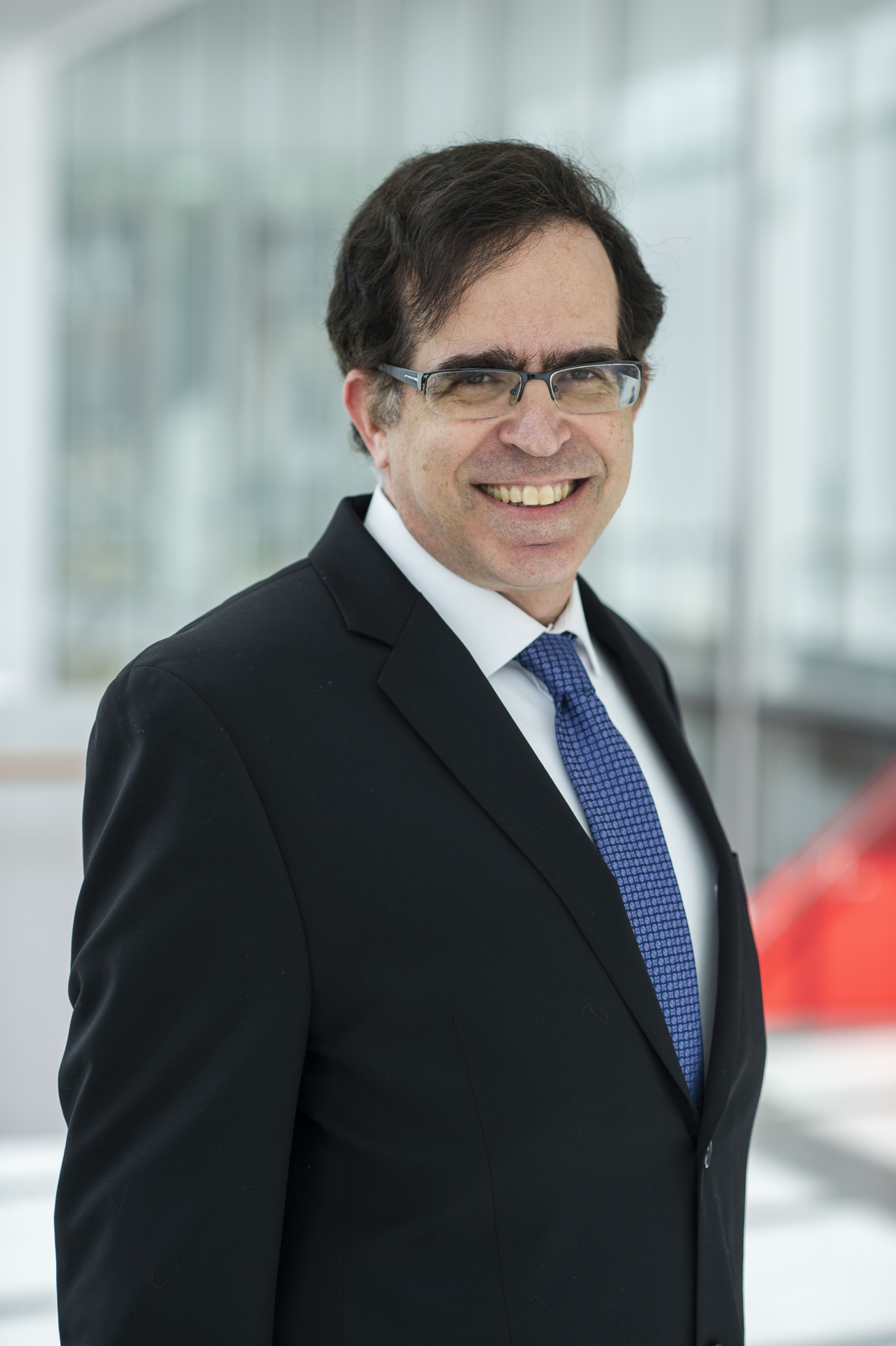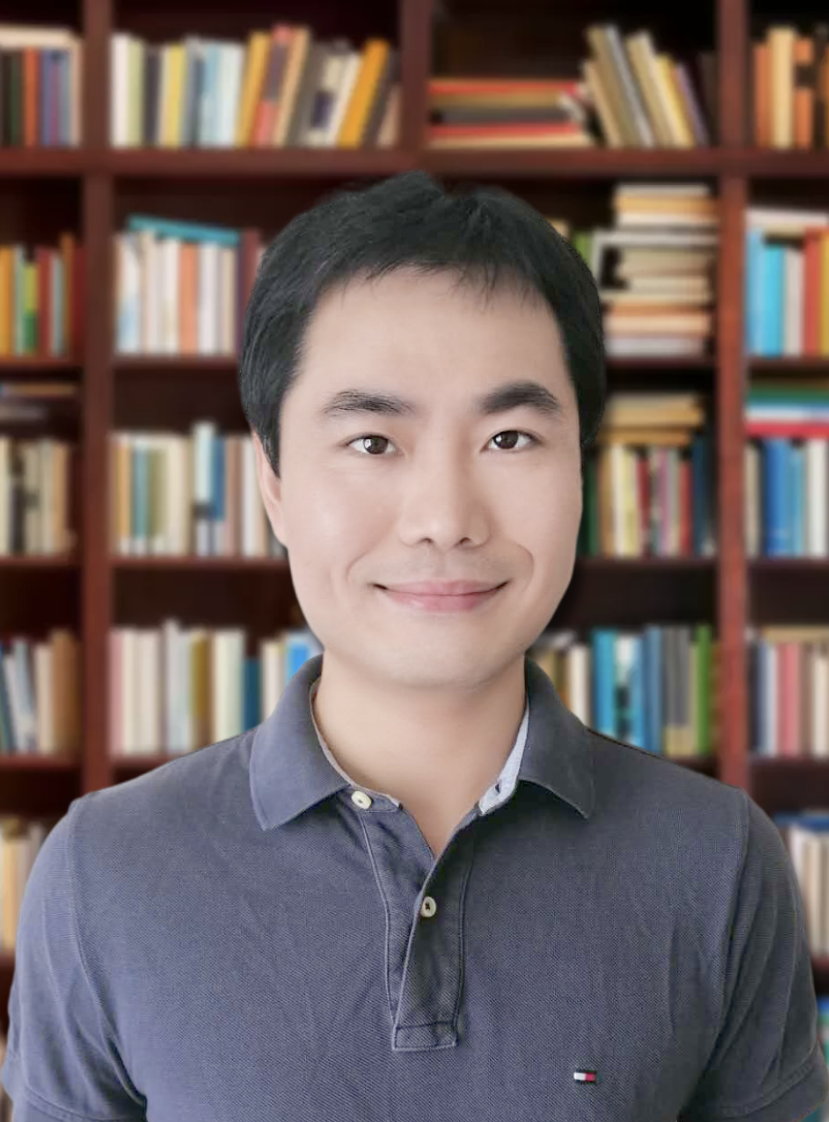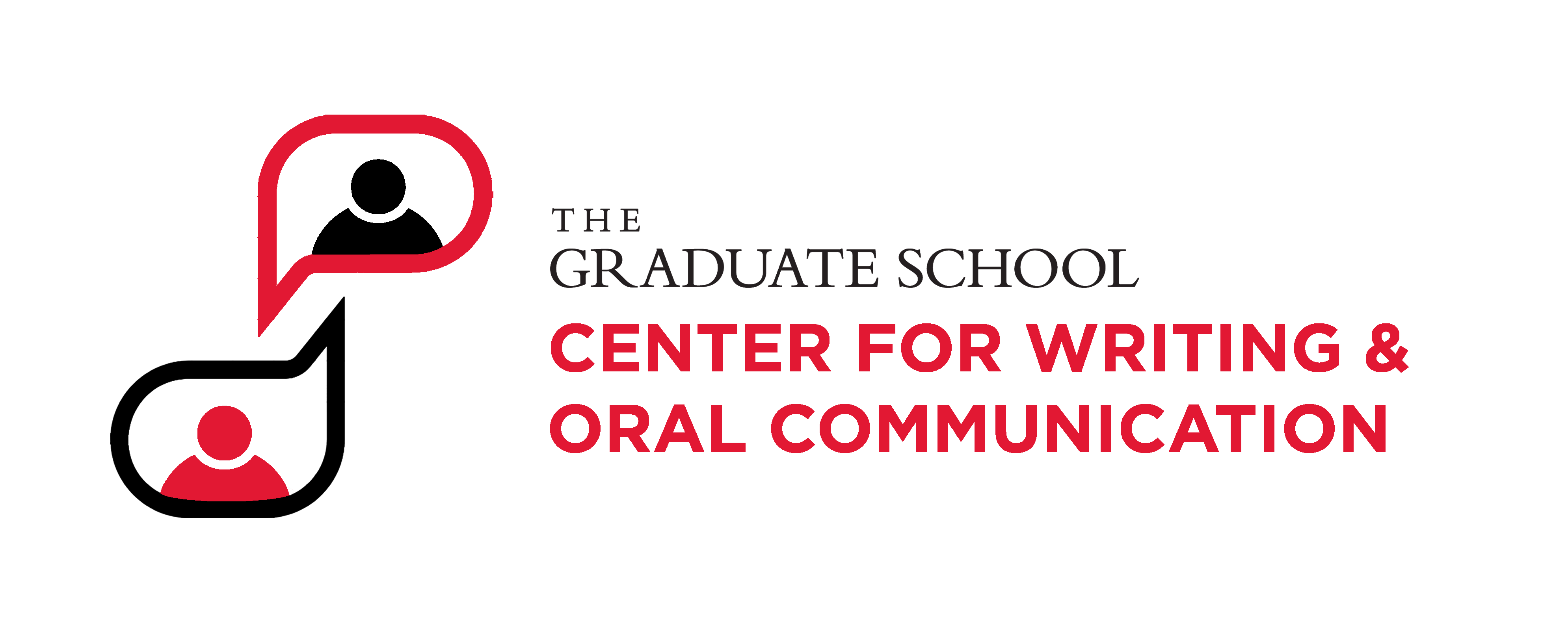|


Dr. Doron Levy
Department Chair and Professor, University of Maryland Department of Mathematics

The Department of Mathematics at the University of Maryland continues to make significant strides in both research and student success. Recently, Professor Adam Kanigowski was honored with the 2024 European Mathematical Society Prize for his innovative work on slow chaos, becoming the first UMD mathematician to receive this prestigious award. Alongside this achievement, Professor Maria Cameron earned a 2024 MURI award for her interdisciplinary research, and the department celebrated a transformative $27.2 million gift that will enhance our research capabilities and outreach programs, including the launch of the Brin Maryland Mathematics Camp. Our Brin Postdoc Francisco Arana-Herrera has been awarded the 5th Michael Brin Dynamical Systems Prize for a Young Mathematician. These are all great honors that as a department, we are very proud of.
For math PhD students, broadening your skills and exploring diverse career paths is essential for success. When it comes to your future - there are many things you can control and many things you cannot. Deepening your expertise is important, but it’s equally valuable to gain knowledge in areas outside your specific field. Even within mathematical sciences we observe an evolving landscape with some pure math areas increasing their dependence on computational and statistical tools. Regularly participating in seminars, conferences, and discussions will help you stay engaged with the latest research and foster a well-rounded understanding of the discipline. Additionally, honing your communication skills is key – whether it’s delivering clear presentations, writing concise papers, or explaining complex concepts to non-specialists. It is not enough to do great math, you should also learn how to market it.
Exploring career opportunities beyond academia, including positions in data science, finance, or research institutions, will help you expand your professional horizons. Networking with fellow researchers, seeking mentorship, and actively participating in collaborative projects will further enrich your career development and open doors to exciting opportunities. Do not be afraid to ask questions, explore areas outside of your comfort zone, and dream big.

|
 A Conversation with Dr. Haizhao Yang A Conversation with Dr. Haizhao Yang
Associate Professor, University of Maryland Department of Mathematics

What inspired you to pursue a career in academia?
I was drawn to academia because it allows me the freedom to explore what I'm deeply curious about, whether it's understanding the principles of the physical world or navigating the digital landscape in data science and AI. Academia offers a rare opportunity to dive deeply into these areas, contributing meaningfully to both knowledge and technology. Beyond this intellectual freedom, I’m also inspired by the freshness academia brings each day: new topics, innovative ideas, and enthusiastic students eager to learn. Working in such a dynamic environment, surrounded by committed colleagues and passionate students, keeps me energized and constantly learning.
What specific steps did you take to prepare for and pursue a career in academia?
I took a proactive approach to prepare for a career in academia by building a strong foundation in both mathematics and computing, with a particular focus on areas where these fields intersect. I sought out advanced coursework and research opportunities that allowed me to deepen my expertise, especially in the mathematical and statistical principles of AI. Collaborating closely with mentors who were leaders in these fields was invaluable in honing my practical skills and gaining insight into impactful research. Additionally, I prioritized developing my teaching skills early on, engaging in course instruction and mentoring students, which proved essential in shaping my readiness for a professorship.
What are the most rewarding aspects of being a professor, and what are some of the challenges?
The most rewarding aspect of being a professor is seeing students grow intellectually and gain confidence in their research skills. Guiding them through complex topics and witnessing those 'aha' moments is incredibly fulfilling. I also enjoy contributing to new knowledge through research and collaborating with colleagues in groundbreaking areas, like predictive data science and machine learning applications for science.
However, academia also presents challenges, such as balancing the demands of research, teaching, and administrative responsibilities. Time management becomes critical, especially when striving to meet expectations in all areas. Additionally, maintaining steady research funding can be challenging, particularly in competitive fields.
Can you share any advice for students who aspire to become professors?
For students aspiring to become professors, my advice is to be intentional and proactive. Begin by building a solid research foundation: seek out research experiences early, pursue opportunities to collaborate, and aim to publish your work. Developing a teaching philosophy is equally important, as the ability to communicate complex ideas is invaluable in academia. Gain teaching experience wherever possible—this not only enhances your communication skills but also helps you connect with students. Additionally, it’s essential to cultivate the ability to identify impactful research directions, ask important questions, and develop novel solutions, as these skills drive meaningful contributions to your field. Finally, connect with mentors who can offer guidance and support; their insights can be instrumental in navigating the academic path and advancing your career.
What are some important skills and qualities that aspiring professors should cultivate as they prepare for a career in academia?
Key skills include critical thinking, resilience, and communication. Professors need to critically analyze and contribute new ideas to their fields. Resilience is essential because academia involves navigating setbacks, whether in research or in securing grants. Communication is also vital; a professor should be able to explain complex ideas to diverse audiences, from students to collaborators. Additionally, empathy is a valuable quality, as understanding students' perspectives can enhance teaching effectiveness.
What is something Math Department students might not know about you?
Math Department students might be surprised to learn that, outside of academia, I enjoy road trips and cooking. I love the freedom and adventure of exploring new places on the road, which often sparks fresh ideas and perspectives. Cooking is another passion of mine—it’s both relaxing and creative, allowing me to experiment and try new recipes. These hobbies provide a refreshing balance to my academic work and keep me energized.

|
|
 The Math Department Career & Professional Development Series concludes with an exclusive Small Group Discussion with Faculty on December 3rd at 12 PM. While the RSVP for this event is now closed, we’re excited to offer this intimate opportunity for a select group of students to engage directly with faculty. The Math Department Career & Professional Development Series concludes with an exclusive Small Group Discussion with Faculty on December 3rd at 12 PM. While the RSVP for this event is now closed, we’re excited to offer this intimate opportunity for a select group of students to engage directly with faculty.
In this final session, participants will have the chance to explore a variety of career paths, from academia to industry, and receive personalized guidance from professors with diverse professional expertise. We look forward to the insightful discussions and connections that will emerge from this meaningful exchange.
Stay tuned for future events next year! Happy holidays and see you in 2025!
CLOSED


The Center for Writing and Oral Communication

The Center for Writing and Oral Communication enacts the Graduate School mission: “Advancing graduate education. Enhancing the graduate student experience,” by providing opportunities for conversations about writing and oral communication across the graduate community. They offer incredible support for graduate students and postdoctoral scholars at every stage of their development as academic and professional communicators who can, in turn, fulfill the university’s mission of sharing research, educational, cultural, and technological strengths with the broader community. You can read more about their learning outcomes here.
Check them out here.
Services:
Additional Resources:
|
Dr. Gustavo Varela-Alvarenga, STAT '21

Could you briefly describe your current role and responsibilities?
Three years ago, I embraced the challenge of building a Data Science team from scratch for a multinational company, headquartered in England, as it was expanding its data science operations into Latin America. From my base in Brazil, as the Regional Head of Data Science for Latin America, I manage a diverse team of 12 data scientists and engineers. My key responsibilities revolve around strategic planning and rolling out data-driven solutions that align with our company's objectives. A significant part of my work involves ensuring that we leverage our data assets effectively to propel business success across various markets. Additionally, I regularly engage with relevant stakeholders to discuss and tailor the right data solutions to meet their specific needs.
How have your career aspirations changed, or remained the same, since your time in the UMD Math Department?
Back in my UMD Math Department days, I was deeply focused on the theoretical aspects of Statistics. Since then, my goals have evolved significantly towards applied data science. I now thrive on applying statistical concepts to solve practical, real-world challenges, which I find incredibly rewarding.
What advice would you give to current students to find, secure, and thrive in an industry career?
I'm probably not the best person to ask about this, as I don't feel that I excelled in my academic career, but if you're a current student and you're pursuing a career in academia or any research-heavy area within statistics or data science, don't just stick to the books. Make sure to gain practical experience through internships and networking with industry experts. The field is always evolving, so staying adaptable and continually updating your skills in new technologies and methods is crucial.
If you could go back, what might you change about your time as a mathematics student and your career path?
If I could go back, I'd immerse myself more in the practical applications of statistics/data science during my studies. Adding more hands-on problem solving and interdisciplinary projects into the mix would have given me a clearer view of what to expect in the industry and prepared me better for the challenges of my career.
How can one continue to develop professionally and stay competitive in their field?
Data science has rapidly expanded into a vast field, making it challenging to stay current with every development. My approach is twofold: first, I concentrate on a few key areas that I enjoy and need to keep updated on; second, every six months, I choose a new topic within the field to explore in depth (next December I'll start on LLMs). I also maintain a network with other professionals across industries to exchange ideas and challenges.
What do you enjoy most about your current job, and what are your future aspirations?
I have always loved transforming raw data into actionable intelligence. That hasn't changed. It's rewarding to see the real-world impact of my work. Moving forward, I aim to enhance my leadership skills and possibly expand my influence in data science to a global platform, driving changes that could redefine how industries leverage data.


|
Teaching & Learning Transformation Center:
|
| University Career Center:
|
|
Other Events & Deadlines
|

Access the math jobs listings by clicking the link here.
|










 The Math Department Career & Professional Development Series concludes with an exclusive Small Group Discussion with Faculty on December 3rd at 12 PM. While the RSVP for this event is now closed, we’re excited to offer this intimate opportunity for a select group of students to engage directly with faculty.
The Math Department Career & Professional Development Series concludes with an exclusive Small Group Discussion with Faculty on December 3rd at 12 PM. While the RSVP for this event is now closed, we’re excited to offer this intimate opportunity for a select group of students to engage directly with faculty.





